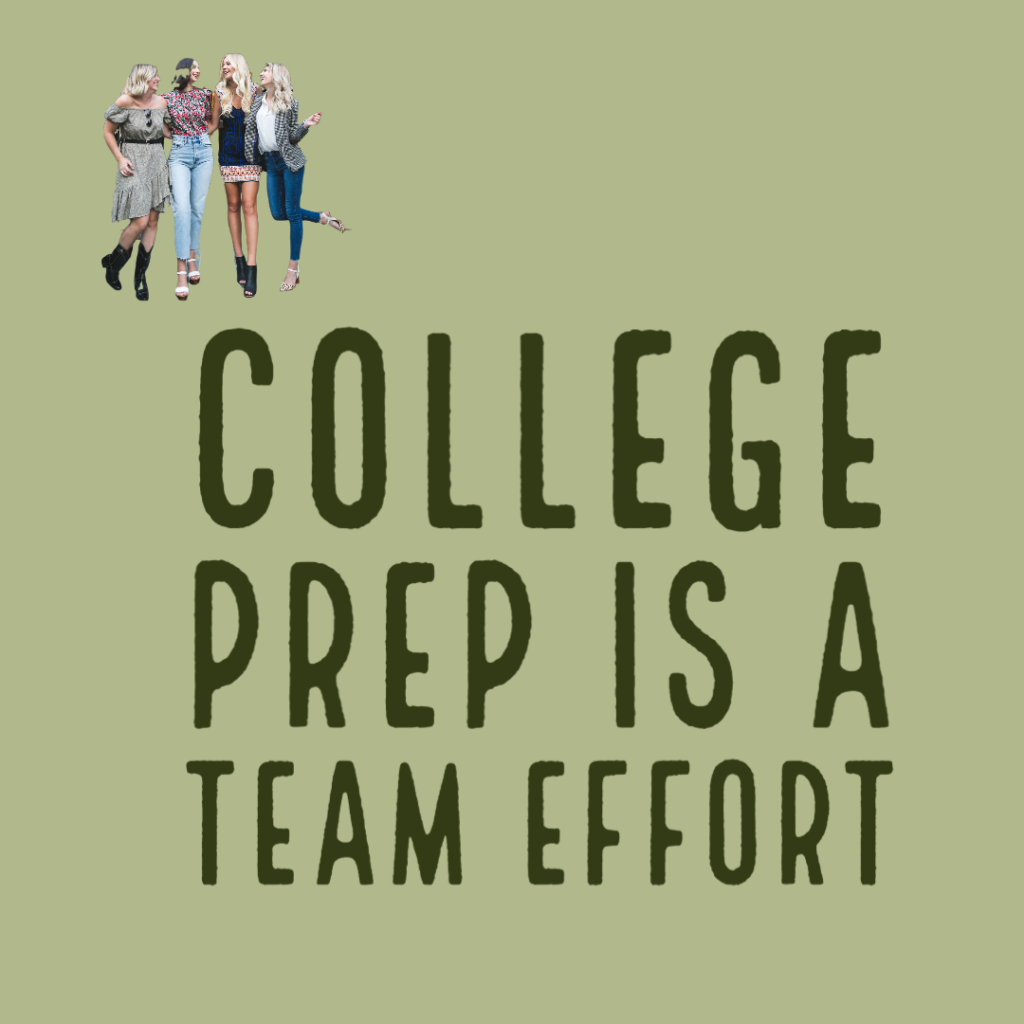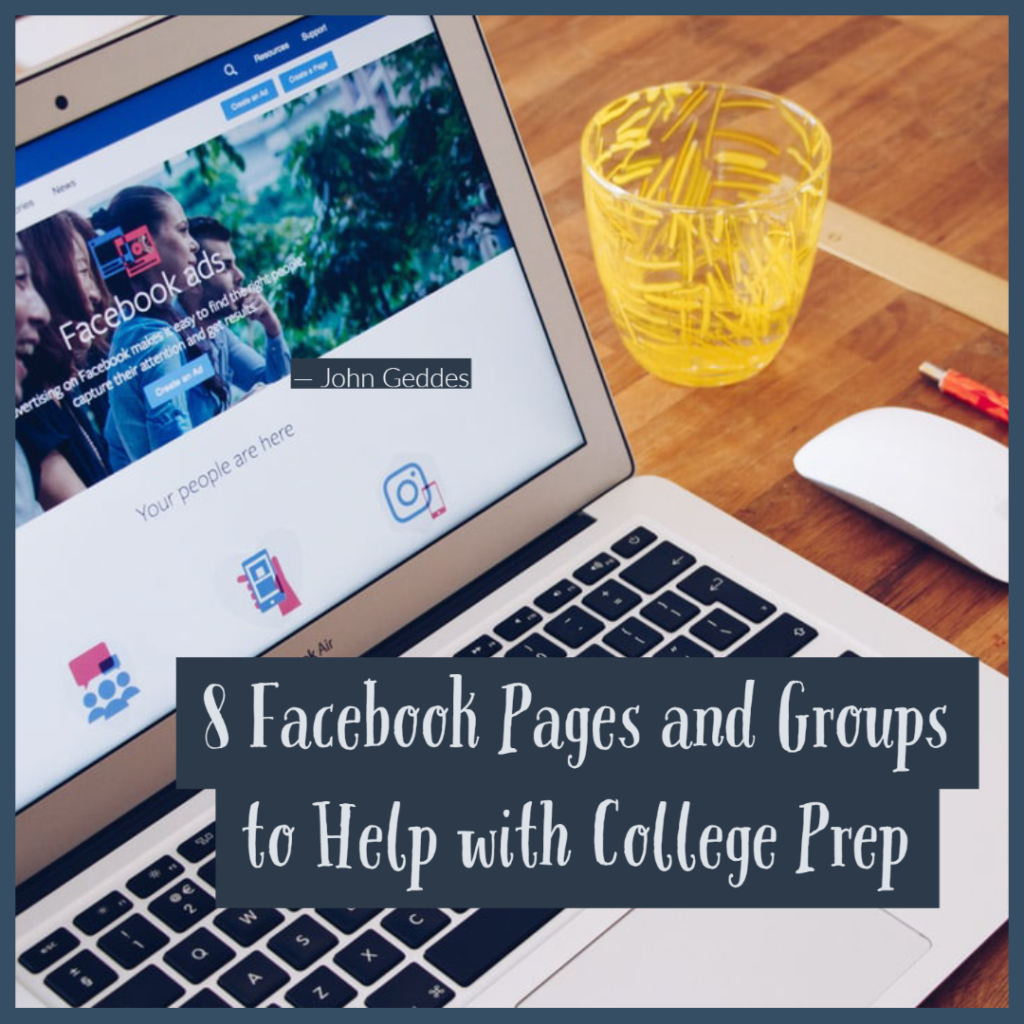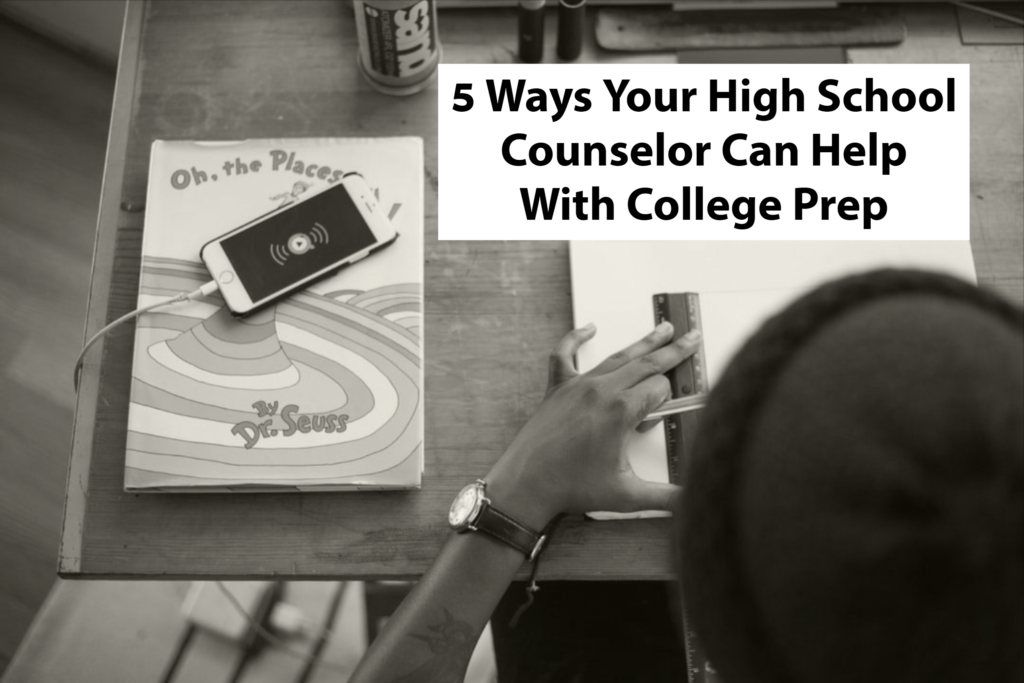This article was originally written for TeenLife Magazine.

With competition for college admission becoming stronger, parents are recognizing the need to begin college prep early. That doesn’t mean that you start drilling college into your toddler’s head (although some parents have been known to do this). It does mean that you begin a foundation for their education that will carry them into high school and eventually into college.
Looking at the three phases of education, what should parents do to prepare their students for college?
Elementary School
When discussing college prep, most of the discussions start in middle school and the steps begin when a student is in high school. But for a student to be truly prepared for college, parents should begin talking about it, thinking about it, and discussing it as early as elementary school.
Start talking about the value of education
Begin talking about the importance of education when your child enters kindergarten. The first seven years of education are filled with learning fundamental skills and gaining knowledge. This is the foundation of all future education. If your child loves school, excels in school, and is motivated to study and achieve excellence, the logical progression will be to continue their education by going to college.
Start talking about college
The opportunities that a college education provides can be relayed to your children during the early years of education.
For example, if your child is interested in dinosaurs, parents should talk about how people that research and recover dinosaur bones had to go to college first to learn how it’s done. Or if he is interested in space, discuss how scientists and astronauts go to college to learn the skills they need to work in that field. A child’s enthusiasms are the perfect opportunities to start a discussion about how college is key to pursuing and following those interests.
Visit colleges with the family
Visiting college isn’t just for teenagers. Many universities provide campus tours and visiting days when a staff member will guide a grade school class, or other group of children, around the campus and explain the unique and exciting things they can do when they grow up and go to college. Parents can also schedule outings with their children to the college or university from which they graduated. The important thing is to make college sound interesting, exciting and accessible.
Middle School
In a Forbes article about preparing for college, Director of Admissions MaeBrown said, “Start preparing for college at grade six. ”That’s when parents and students should increase the focus on the final goal after high school graduation: college.
Start planning academics
Middle school students should begin planning their academic path that will carry into high school. Meet with the school counselor and discuss the courses that can be taken in middle school to prepare for high school, especially in the math and science categories. Many middle schools offer classes that were traditionally reserved for high school students. These math classes are required to take more advanced math classes in high school and to take science classes like chemistry and physics.
Because college work and many jobs now require computer skills, your child should also try to take advantage of any computer science classes offered in middle and high school. He’ll gain new skills and may discover a career path.
Read, read, read
Establish an environment at home that encourages reading. Students can start adding to their vocabulary by reading diversely. Tweens should be reading all types of books, articles, blogs and news articles. This increases their vocabulary, which is a strong component in essay writing and standardized tests. While you’re at it, why not make vocabulary building a family game by learning a word a day? There are lots of free subscription services that will email a word of the day.
Partner with your child’s educators
Middle school is the time parents tend to be less involved, but it’s the very time your child needs encouragement and guidance. Meet your child’s teachers, if you haven’t already done so, and make it clear that you want to be kept up to date about any changes in your child’s work or behavior.
Talk to the counselor about your child’s interests to see if there are electives and extracurricular activities that will help him develop his talents. If your child needs extra help or more challenging assignments in a subject, talk to the counselor about how to arrange it.
Start working on extracurriculars
A key ingredient in the college application is extracurriculars. Begin looking at areas that interest your child in middle school. Try out some volunteering, connect with a mentor for an internship, and explore hobbies and interests. If your child enters high school committed to one activity, it will be much easier to carry that through the next four years.
First Year of High School
It’s the year of new beginnings. Wide-eyed freshmen enter high school campuses overwhelmed on the one hand and excited on the other. High school puts them on the path to adulthood and independence. It means added responsibility and academic challenges, especially if they plan to apply to college at the beginning of their senior year.
Establish a relationship with the high school counselor
This is a person you want on your child’s team for the next few years in high school. The counselor will ask what your child envisions doing beyond high school; goals and vision for your child’s future career. They should help draw out a plan to reach those goals. If you wait until senior year, it could already be too late to get particular requirements your child may need to attend the school of his dreams. Work with your high school counselor ahead of time to pinpoint what school courses your child needs to take and pass to fit those college subjects the best. Sift through options of high school electives that match with the specific degree your child is interested in pursuing.
Research careers
By now, your teen should know what interests him in school. Is he drawn to the sciences? Or is drama his cup of tea? Does he excel in math? Or is he interested in literature? These interests will serve to guide your teen down the right career path.
It would be useless to pursue a career in the medical field if science and math are your teen’s least favorite subjects. It would also be frivolous to head down an acting career path if your teen does not like being on stage in front of people. Analyze their interests and strengths to guide them in choosing the career that would best suit them and feed their passion. Take personality and career tests and attend career days.
Plan a rigorous academic path
Throughout high school, your child will have the opportunity to get some college credit out of the way. At some universities, four years of a foreign language in high school will be enough to satisfy language requirements for your degree. Also, AP and honors classes can sometimes fulfill certain degree requirements, which will be very beneficial not only on the college application to communicate commitment to academics, but will also save you money paying for expensive college classes.
Research colleges
Finding a college that compliments your child’s educational goals, personality, and learning style takes time and effort. Start by making a list of what criteria the perfect school would have. From that list, focus on the schools that meet those needs with regard to location, size, character and degree programs.
Each academic year produces it’s own set of challenges if your child wants to go to college. By planning ahead, you can minimize the stress of senior year and ensure that your child is ready to pursue higher education after high school.









